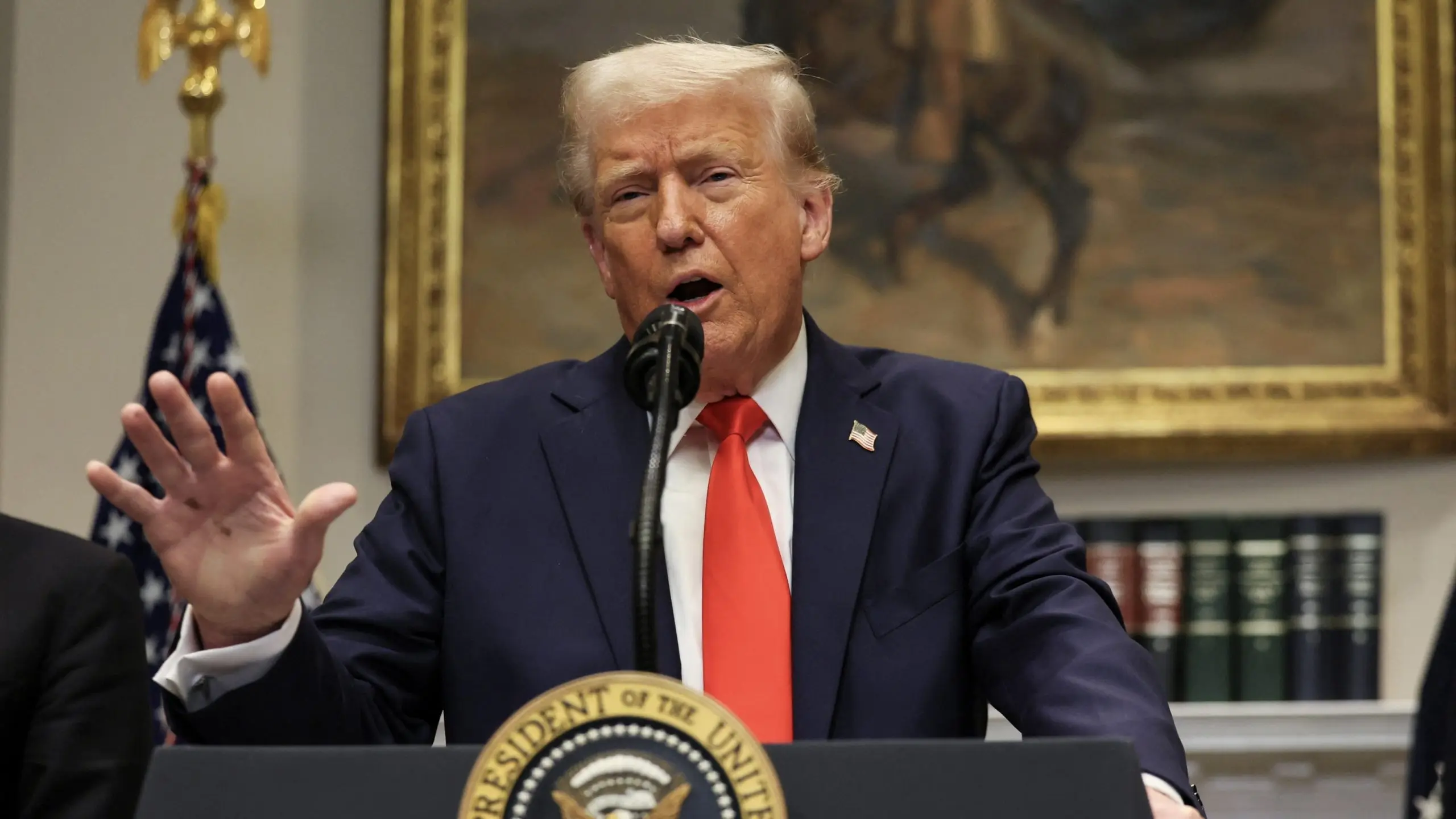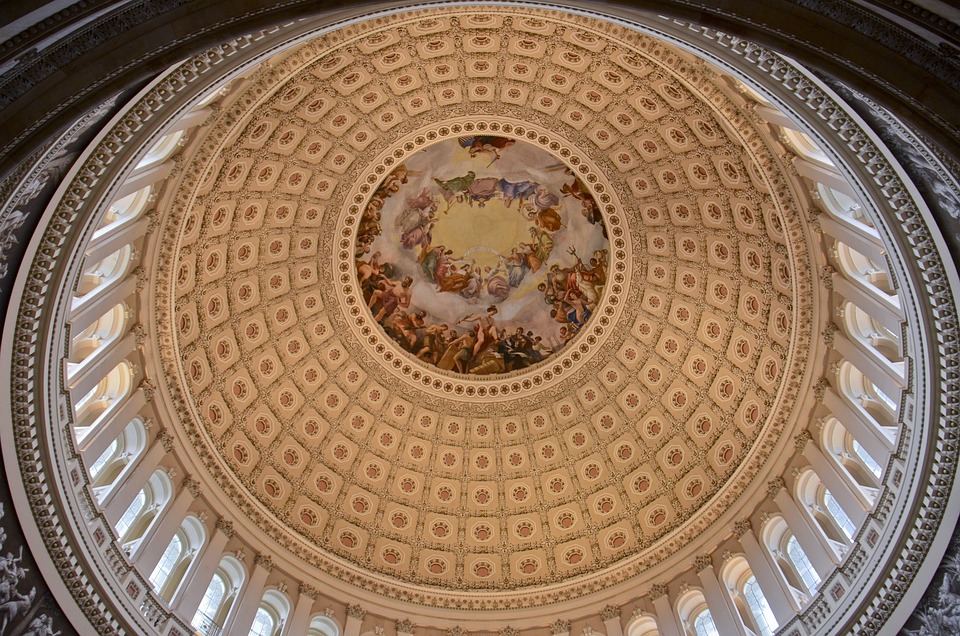
What are the implications for a country when its most lucrative business is one considered illicit throughout the world?
According to a report from Bloomberg Economics, cocaine is poised to become Colombia’s top export, surpassing even oil. This comes amid the South American country’s efforts to legalize the cocaine trade.
Whereas oil exports sank 30 percent in the first half of this year, Colombia’s cocaine exports skyrocketed to a record 1,738 tons last year, from just 972 tons in 2021. According to Bloomberg economist Felipe Hernandez, “We estimate cocaine export revenues jumped to $18.2 billion in 2022 — not far behind oil exports of $19.1 billion last year.”
“The government is destroying laboratories where coca leaves are manufactured into cocaine, but that hasn’t prevented production from expanding,” Hernandez said of the coke business.
Gustavo Petro, the leftist president of Colombia, has been pursuing a strategy of going after drug lords who make money off the sale of narcotics overseas rather than penalizing domestic coca leaf producers. This has led to a 13 percent increase in the amount of Colombian land used to grow coca plants, whose leaves are a key ingredient in the production of the addictive drug.
Last year, Colombia set aside the most land in its history for the planting of coca — 570,000 acres, according to the United Nations Office on Drugs and Crime (UNODC). This has resulted in the production of 1.4 million tons of fresh coca leaf, which is a 24 percent uptick from 2021.
Colombia has the world’s largest cultivation of coca plants, beating out even Bolivia, where coca plant farming is legal in certain regions. In Colombia, poor rural farmers have found coca farming to be highly profitable, especially compared to other Colombian cash crops such as pineapple and coffee. Those crops take 16 months and four years, respectively, to harvest, and are sensitive to adverse climate conditions.
Despite Petro’s efforts, the narcotics trade has marched on. The New York Post reported that last month, Spanish officials discovered 9.5 tons of cocaine from Ecuador (which shares a border with Colombia) that was designated for delivery to 30 European drug organizations. The drugs were hidden away in a refrigerated banana container.
This month, Petro proposed an alliance of Latin American countries for the purpose of stopping drug trafficking by jointly adopting an approach that would focus on drug use as a public health problem, rather than the failed “militarized” style that has often been employed.
“What I propose is to have a different and unified voice that defends our society, our future and our history and stops repeating a failed discourse,” said Petro, per Reuters. “It is time to rebuild hope and not repeat the bloody and ferocious wars, the ill-named ‘war on drugs’, viewing drugs as a military problem and not as a health problem for society.”
Petro, a former member of the M-19 armed guerrilla movement who has held the presidency since 2022, is the first left-wing Colombian president in recent history.
M-19 has a long history of violent, terrorist activities. In November 1985, for example, M-19 terrorists took over the Colombian Supreme Court, intending to compel the justices to put then-President Romulo Betancourt on trial. When the government stormed the Supreme Court building, a horrific battle ensued that left 12 of Colombia’s 25 Supreme Court justices dead, along with 86 others.
Petro’s rise has been part of a recent series of wins for the Left throughout Latin America. Mexico, Nicaragua, Colombia, Venezuela, Chile, Peru, Brazil and Argentina all have radical-left governments, with Nicaragua and Venezuela openly in cahoots with the likes of China and Iran.
There is a glimmer of hope in Argentina, however. The front-runner in the Argentine presidential race, right-winger Javier Milei, is a proponent of limited government who has vowed to pull back from the country’s recent friendliness with China, promising to “not promote relations with communists.”
Milei gained front-runner status on August 12, when he won the national primary by 30 percent more than his nearest rival. In the Argentine electoral system, all candidates for the presidency are put on a primary ballot and must get at least 1.5 percent of the votes to qualify for the official ballot. This election is scheduled for October 22.
Milei’s ascension sent shockwaves throughout Latin America. Should he win, it would represent a major political shake-up for Argentina, which has a long history of leftism. The La Libertad Avanza (“Liberty Advances”) coalition of right-wing parties that Milei leads has a limited-government, pro-free-market platform strongly reminiscent of U.S. conservatism — something rarely seen in Latin American politics.
If the tide doesn’t turn, Latin America, under leftist leadership, can be expected to fall deeper behind the iron curtain of socialism and narcotics-driven corruption.



















































